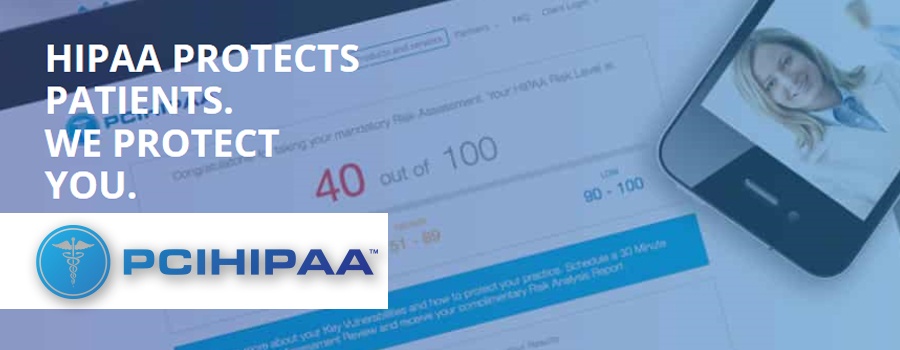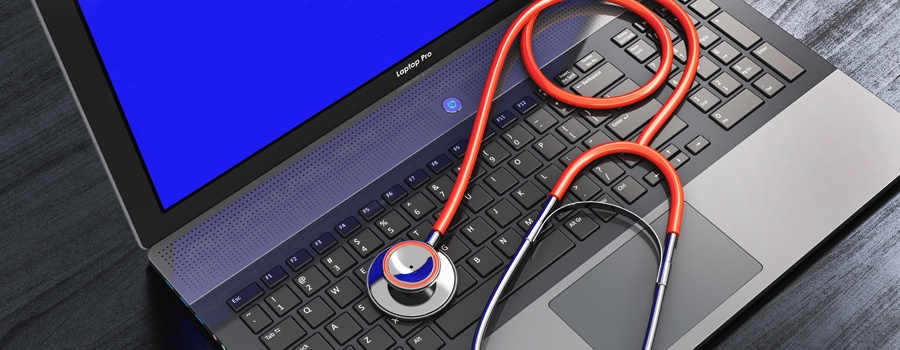Tag: violation
-

-

Medical Association Chooses PCIHIPAA to Help Benefit and Protect Its Members
MONTGOMERY – The Medical Association of the State of Alabama has partnered with PCIHIPAA to help protect its members from the onslaught of ransomware attacks, HIPAA violations and data breaches impacting Alabama physicians. Under HIPAA’s Security and Privacy Rules, health care providers are required to take proactive steps to protect sensitive patient information. “The Medical Association services more…